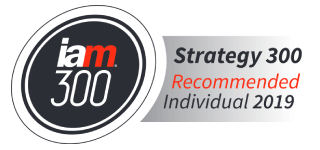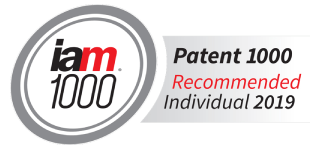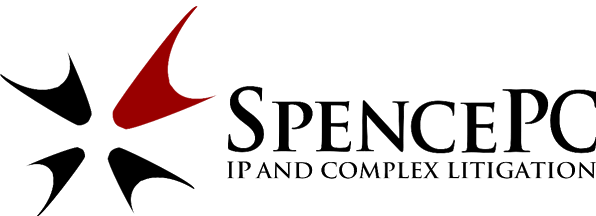Services
Practice Areas
Why SpencePC?
Clients choose SpencePC because we do outstanding work for fair compensation. Unlike our competitors, we encourage the use of alternative-fee agreements that more closely align our clients’ interests with the Firm’s interests. As a result, our clients pay only for the value they receive.
Our Philosophy
Our philosophy is simple: be outstanding and offer a unique value proposition. Hourly billing creates the wrong incentive for attorneys to work longer, not smarter. Instead, we encourage alternative-fee arrangements that reward success and efficiency. By doing so, our attorneys remain focused on obtaining the best results for our clients in the most cost-efficient manner.
Our Skills
We are attorneys who specialize in intellectual property and complex litigation. We hold science, engineering, and law degrees from the nation’s top schools. Following our education, each of us received years of additional training from prestigious, top-tier law firms. Our billing model ensures we remain focused on obtaining the best results in the most cost-efficient manner.
Associations & Accolades
Four Types of Intellectual Property for Businesses
Copyrights, Patents, Trademarks, and Trade Secrets – Four Types of Intellectual Properties
If you are a business owner, you should familiarize yourself with the four types of intellectual property, otherwise known as IP. We speak with many entrepreneurs who don’t know where to begin when it comes to protecting their ideas and inventions. They need this information frequently so we decided to create a quick and easy guide to educate them. It was popular so we decided to post it to our blog. Let us know if you found this useful and if there are any other guides you would like us to make in the comment section below.
If you feel you need to speak with a lawyer directly, call Spence PC directly at 1-312-404-8882.
Four Types of IP
- Copyrights
- Patents
- Trademarks
- Trade Secrets
At Risk Businesses
When your business is young, it is at risk of having its ideas “borrowed” by competitors. Protect yourself, your business, and your ideas by following this guide.
Type 1 – Copyrights
What are Copyrights? According to Copyright.Gov ‘s Guide to copyrights, “Copyright is a form of protection provided by the laws of the United States (title 17, U.S.Code) to the authors of “original works of authorship,”” Copyrights protect writing, pictures, music, art, and other forms of intellectual works. What this means for you is that if you wrote something, or created a piece of work that you don’t want people to reuse without your permission, you have the right to copyright that work. Now, if people want to use, reuse, or re purpose your work, they must first contact you to use it, attribute you as the owner, and use it for purposes you deem appropriate. There is an exception to this rule, that is, Fair Use. If someone wants to use a portion of your work for educational, parody, commenting, or news purposes they can.
Take away : Make sure you copyright your work and your website while providing people a way to contact you so they can use your work with your permission. Click the link for Copyright.Gov’s frequently asked questions to learn how to copyright your work.
Want to know more? Watch this Copryights Basics video by CommonSense.Org and Michele Auxier
https://www.youtube.com/watch?v=AKTNtqaSTrY
Type 2 – Patents
What are Patents? According to the United States Patent Office , “A patent for an invention is the grant of a property right to the inventor”. Generally this patent lasts for 20 years from when the inventor attempts to patent their invention by filing with the US Government. The list of things that can patented is fairly lengthy and open to interpretation but it covers anyone who “invents or discovers any new and useful process, machine, manufacture, or composition of matter, or any new and useful improvement thereof, may obtain a patent,”.
For a business owner or an inventor this means that if you found a new way to make something or discovered a new product you’d like to take to market, you would want to first patent the idea so no one can take the idea and claim it as their own. For instance, if you have a revolutionary water bottle that you feel would benefit the masses, you should protect this intellectual property by filing with patent office that the idea is unique and your own. If the government agrees that the idea is your own, unique, and is useful you will be awarded a patent to protect your right to the concept. This then gives you the ability to produce the concept, sell it, or bring the concept to investors without worrying about them stealing your ideas.
However, a word of caution, if you share your patented ideas, there is a risk that others will reverse engineer your concept. Reverse engineering is when competitors take apart an object or idea to understand how it functions with the goal of enhancing or modifying the object in order to replicate it. Making enough variations to the original concept can result in a ‘unique’ idea that your competitors can then patent as their own idea. Companies can avoid compensating you for your patent idea and claim these ‘new’ versions of your idea as their own. This frequently happens in the technology industry between companies like Samsung and Apple.
Take away: Protect your ideas and inventions with patents before sharing them with the world.
Type 3 – Trademarks
What are Trademarks? According to the USPTO
, a Trademark is a “word, phrase, symbol, or design, or a combination thereof, that
identifies and distinguishes the source of the goods of one party from those of others. ” For instance, if your company name, a logo, or your company tagline can me trademarked. The trademark serves as a brand identifier for your business or your products. Images, slogans, and colors can all be trademarked. For instance, Tiffany Blue
is a trademarked color that is used by Tiffany & Co. in promotional materials as well as boxes, bags, and more.
Words, phrases, and pictures are generally the most common intellectual properties to be trademarked, however other distinguishing features can also be registered for your company. For example, Coca-Cola bottles’ have a trademarked shape, Dell and Ford have trademarked their family names, and even smells. These are known as non-conventional trademarks but are used in every industry to protect IP. It is important to protect these business assets, as trademarks give business owners the tools to prevent competitors from taking advantage of the goodwill that one’s brand has accumulated over the years.
If you feel that you have been the victim of copyright or trademark infringement, an unregistered trademark provides limited protection.
Take Away: It is best to register trademark s at your local and national government office responsible for trademark registration. Remember, a registered trademark must be renewed regularly to keep it “alive” and to protect your IP.
Type 4 – Trade Secrets
What are Trade Secrets? Generally, any piece of confidential corporate information which gives any business a competitive advantage can be considered a trade secret. For instance, Coca-Cola’s secret formula could be considered a trade secret. Now, if I created a soda company and produced identical soda to coca-cola, this would be an infringement of Coke’s trade secret. This is a general example but trade secrets can even defined as distribution methods (Walmart), Sales methods, consumer information, ad campaigns and strategies, list of vendors, list of clients, and production processes. Generally, trade secrets are leaked through corporate (industrial) espionage, breach of contract, or something as simple as leaving your prototype iPhone at a bar.
A trade secret must be designated as such before it is leaked. One cannot simply say “I have a secret”. Use Nondisclosure agreements and designate information as trade secrets in contracts when dealing with partner companies and employees. There are other ways to designate information as a trade secret, to learn more, you should contact Spence-PC.
Take Away: Protect your trade secrets. Keep employees on a need to know basis. If you’re letting an employee go, make sure they don’t have access to your client files after they have been terminated. To learn more about protecting your company and your trade secrets from corporate espionage check out this article from Inc.
The post Four Types of Intellectual Property for Businesses appeared first on SpencePC.











